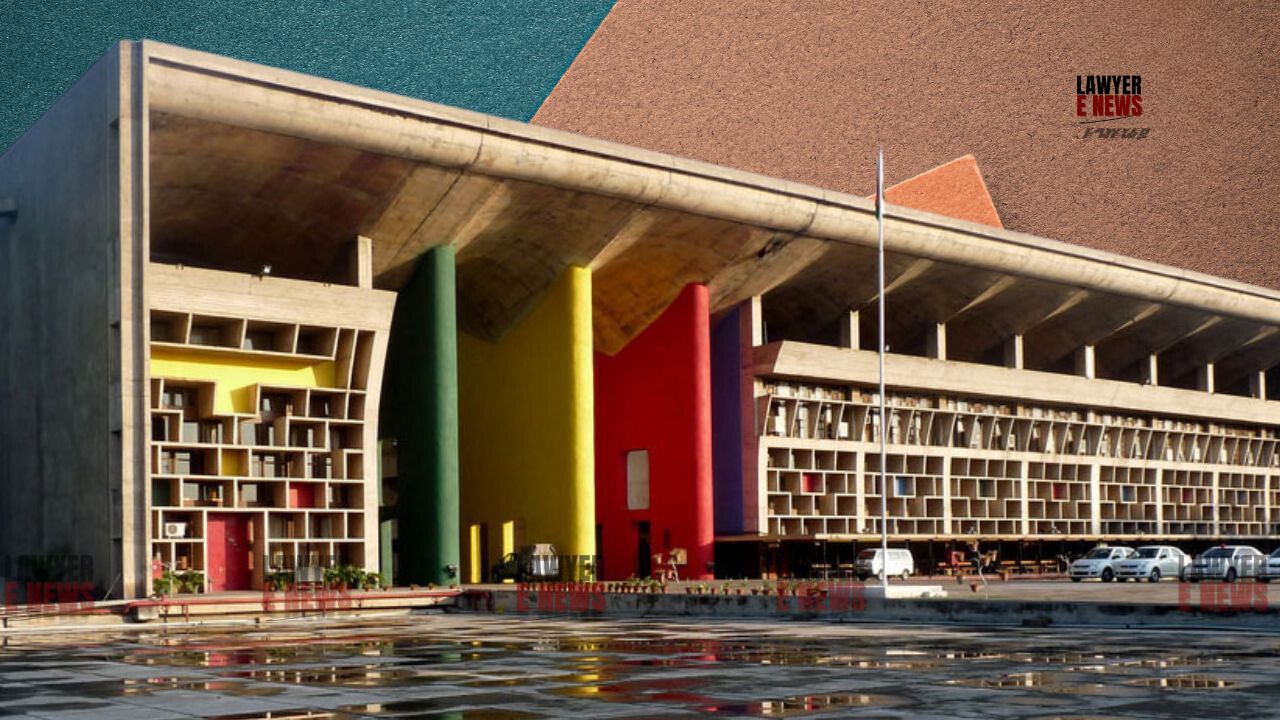-
by Admin
15 February 2026 5:35 AM



The Punjab and Haryana High Court has mandated the swift resolution of a financial dispute involving a dishonored cheque, reinforcing the constitutional right to a speedy trial. Justice N.S. Shekhawat delivered the judgment, underscoring the necessity of quick judicial proceedings to uphold fundamental rights under Article 21 of the Indian Constitution.
In 2018, Anish Mehra, the petitioner, provided Sunil Jha, the respondent, with a friendly loan of ₹3,60,000. Jha assured repayment by November 1, 2019. However, despite numerous requests, he failed to repay the amount. Subsequently, Jha issued a cheque which was dishonored due to insufficient funds. Mehra then filed a complaint (COMA-7558-2021) on March 18, 2021, in the Ludhiana Judicial Magistrate’s court. The trial faced significant delays due to Jha’s repeated exemption applications and non-appearances.
Justice Shekhawat highlighted the constitutional mandate for a speedy trial, citing numerous Supreme Court rulings that stress the importance of expeditious judicial proceedings. “The right to a speedy trial is an essential facet of the fundamental rights to life and liberty enshrined in Article 21,” he remarked, referencing landmark judgments such as Kartar Singh vs. State of Punjab and Abdul Rehman Antulay vs. R.S. Nayak.
The court extensively cited the Supreme Court’s decisions, emphasizing that delays in trial proceedings undermine the accused’s right to fair justice and can cause undue anxiety and distress. The ruling reiterated that this right begins with the initial arrest and continues through all judicial stages, including investigation, inquiry, trial, and appeal. The bench also noted that undue delays could impair the accused’s ability to defend themselves effectively.
The court directed the trial court to resolve the complaint within one year, reflecting the judiciary’s commitment to preventing prolonged litigation. “The Criminal Courts should exercise their available powers to effectuate the right to a speedy trial,” Justice Shekhawat asserted.
“The right to a speedy trial is a derivation from a provision of Magna Carta and is an integral part of the fundamental right to life and liberty enshrined in Article 21,” the judgment read. It further noted, “The constitutional guarantee of speedy trial is properly reflected in Section 309 of the Code of Criminal Procedure.”
The Punjab and Haryana High Court’s directive for the expeditious disposal of Anish Mehra’s complaint against Sunil Jha reinforces the judiciary’s dedication to upholding the right to a speedy trial. By ensuring that the trial concludes within a stipulated time frame, the judgment emphasizes the importance of timely justice, reducing undue distress for the parties involved. This decision is a significant reaffirmation of the constitutional safeguards designed to protect citizens’ fundamental rights.
Date of Decision: July 31, 2024
Anish Mehra vs. Sunil Jha
